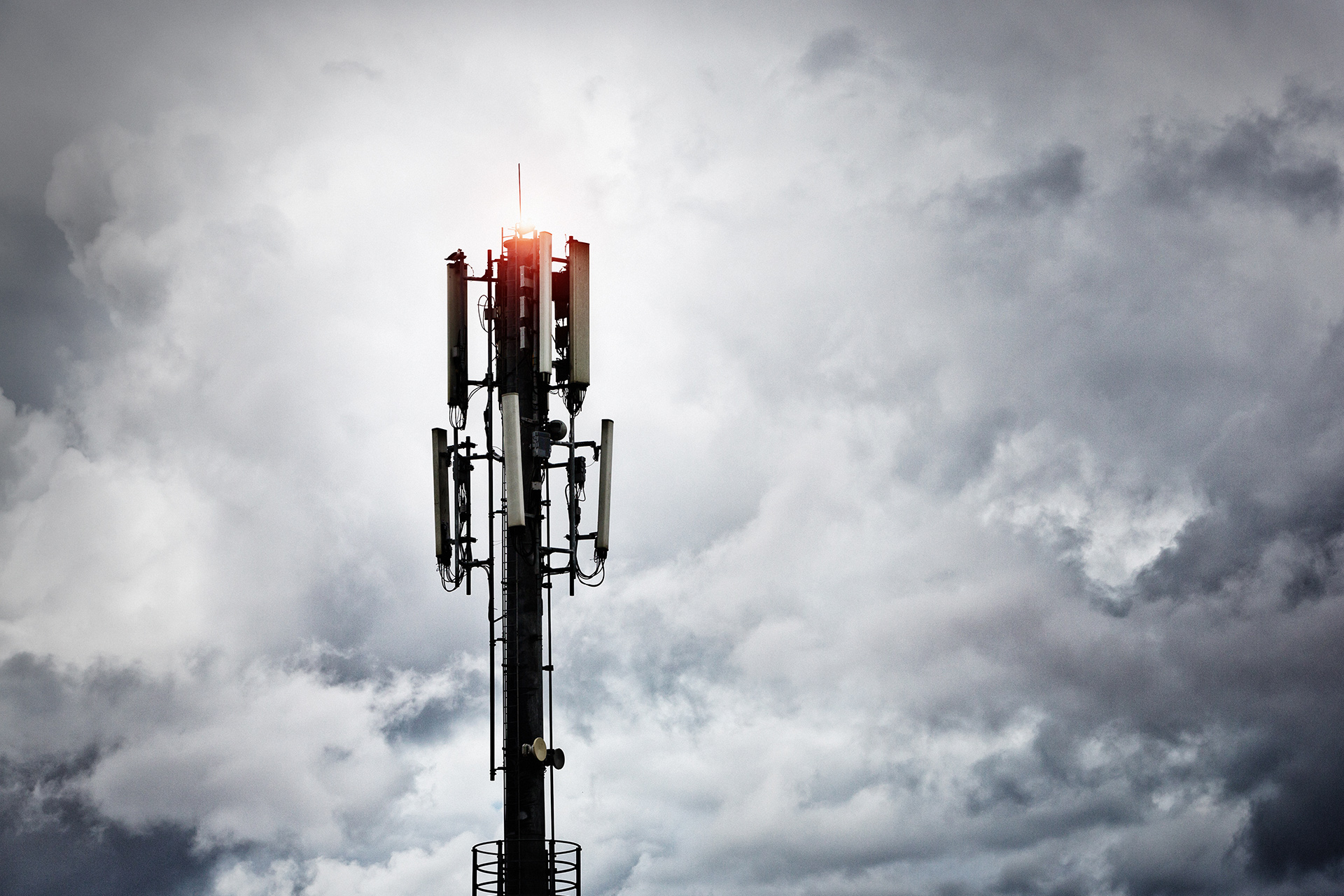Telecommunications Articles
Can we afford to keep ignoring Open RAN security?
I’m skeptical of ‘futurists’. Work closely enough with the development of technology solutions and you’ll know that the only certain thing about the future is that it’s constantly changing. For example, few ‘futurists’ predicted the Covid-19 outbreak that brought the world to a standstill in 2020. Many, however, had spent hours waxing on about how 5G technology was to change the trajectory of human evolution, telling tales of what would be possible with ultra-high speed, ultra-low latency connectivity. Me included.
Of course, 5G will enable many of these promised use cases, and many others we haven’t even dreamed of yet, but have the prophets been proven true? Has 5G changed the world?
The answer, of course, is not yet. We simply...
A Comparison of 5G Core Network Architectures
The 5G Core network is a Service Based Architecture. It evolves the traditional appliance based 4G Core Network to support services. It offers more agility and flexibility.
The major building blocks of this architecture include
Service-Based Interface: The Service Based Interfaces rely on HTTP/2
The 5G Network Functions: As explained by Ericsson “is built using IT network principles and cloud native technology. In this new architecture each Network Function (NF) offers one or more services to other NFs via Application Programming Interfaces (API). Each Network Function (NF) is formed by a combination of small pieces of software code called as microservices.” The Network Functions are all “Virtual”.
Cloud Native Functionality: The 5G core is Cloud Native, i.e., it leverages microservices,...
Open RAN May Be the Future of 5G, but Can We Keep It Secure?
It's been a year of contradictions for the telecommunications industry.
Like most sectors, it has been heavily impacted by the consequences of the Covid-19 pandemic, with a slowdown in global 5G roll-outs being a notable result. Geopolitical conflicts have continued to muddy the market, with governments playing a more active role than ever in setting telecoms-centred policy.
At the same time, however, the air is thick with promise and opportunity. Over the last nine months, entire organizations have transitioned to remote working and high-bandwidth video communication. Corporations have accelerated digital transformation initiatives. Online shopping has soared. The appetite for autonomous manufacturing and other aspects of Industry 4.0 has grown.
The telecoms industry has proven resilient and cemented its status as critical national...
5G Network Slicing Technology: A Primer
Hyped as the technology that will transform the world, 5G is moving past the buzzword stage with first implementations coming to life in 2019. Nations are racing to 5G with such fervor that it now became one of the hottest hot-button geopolitical issues.
With latency as low as 1 ms and speeds of up to 4 Gbps, as well as a wider range of frequency bands and enhanced capacity, 5G will be able to accommodate innovative use cases and much greater numbers of connected devices, driving overall growth for Internet of Things (IoT).
In addition to the speed and capacity improvements, a key enabling technology that will allow operators and the society to reap the full potential of powerful new 5G...
How Telecom Operators Can Strike Back with IoT, Fog & Cyber
Telecom operators sat back as the new over-the-top (OTT) service providers, internet and tech companies slowly ate away at their business, particularly in the B2C space. A combination of institutional laziness and poor execution on promising initiatives gave these new entrants the time to jump in and snatch away customers. At the moment, the future doesn’t look too bright either with a worldwide CAGR put at 0.7 percent through to 2020.
For the time being, wooing back B2C customers is a losing battle. While OTTs use telecom operators to deliver their services, these companies can’t muscle out the competition since public support for net neutrality is remarkably strong.
Fortunately for them, it’s not an entirely hopeless situation. Telecom operators have an...
Most popular articles this week


















